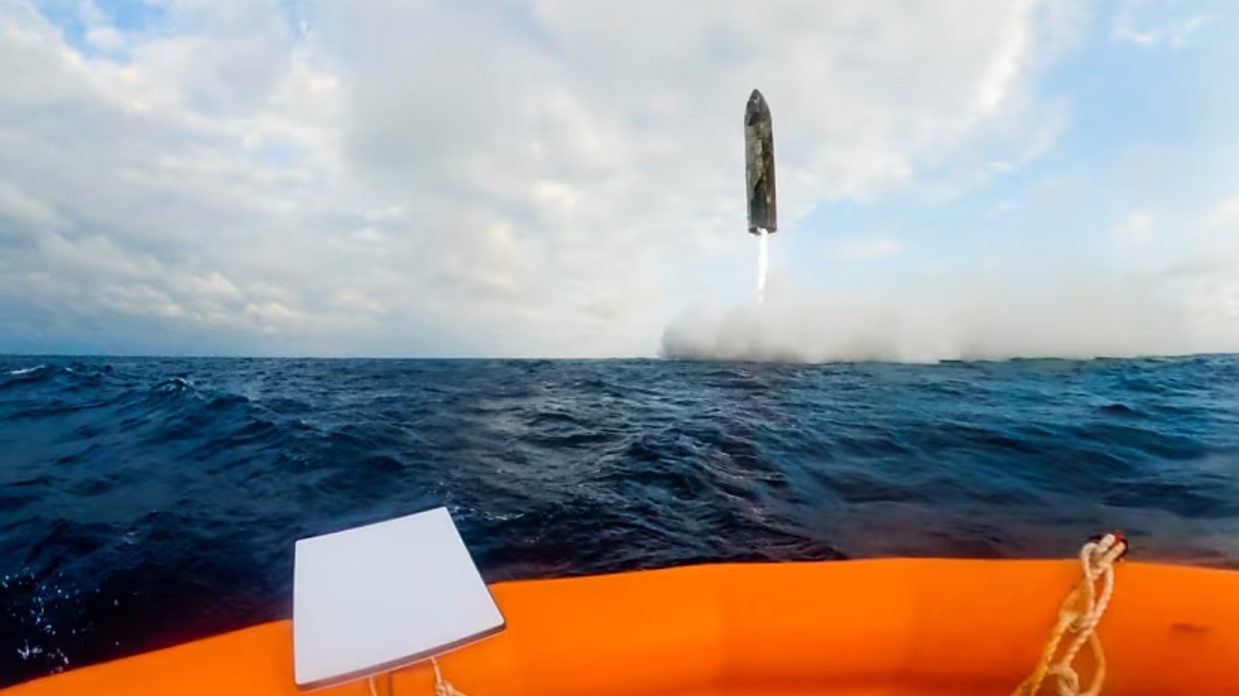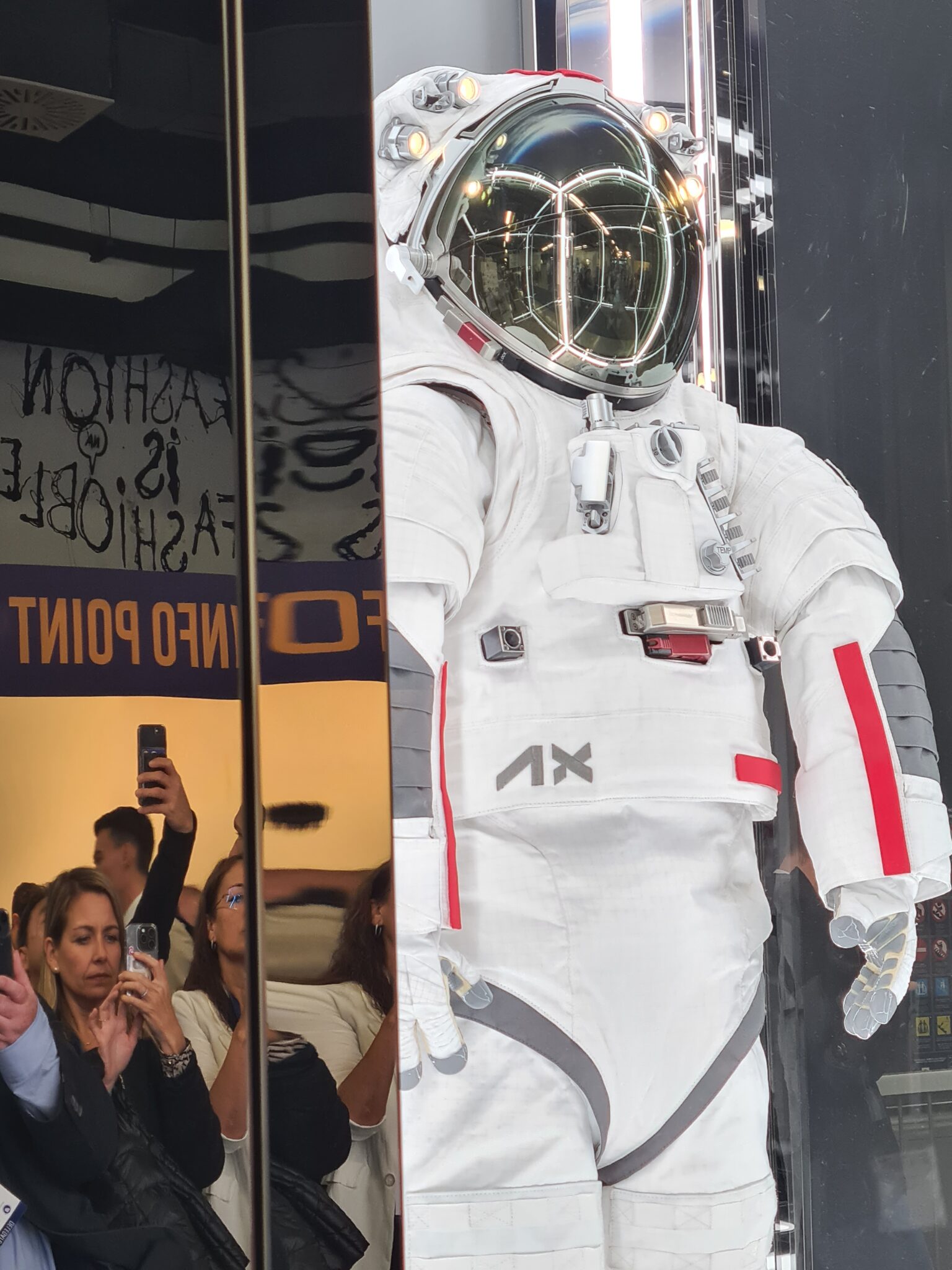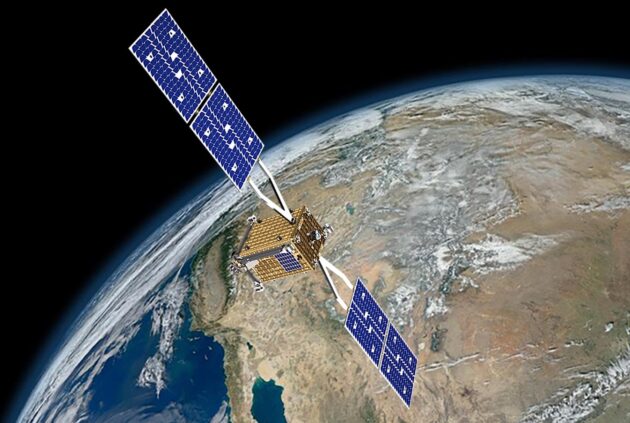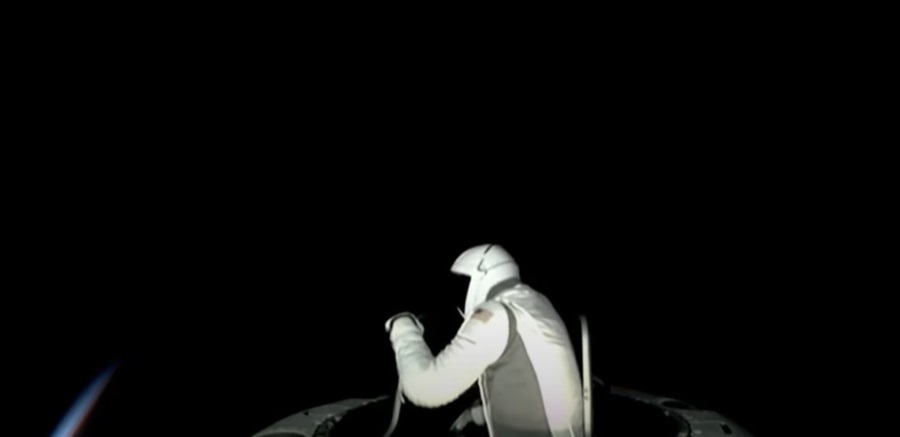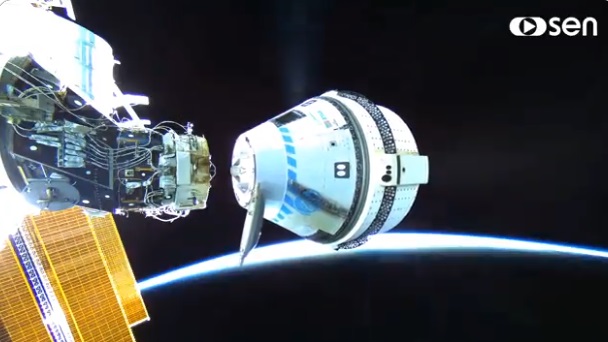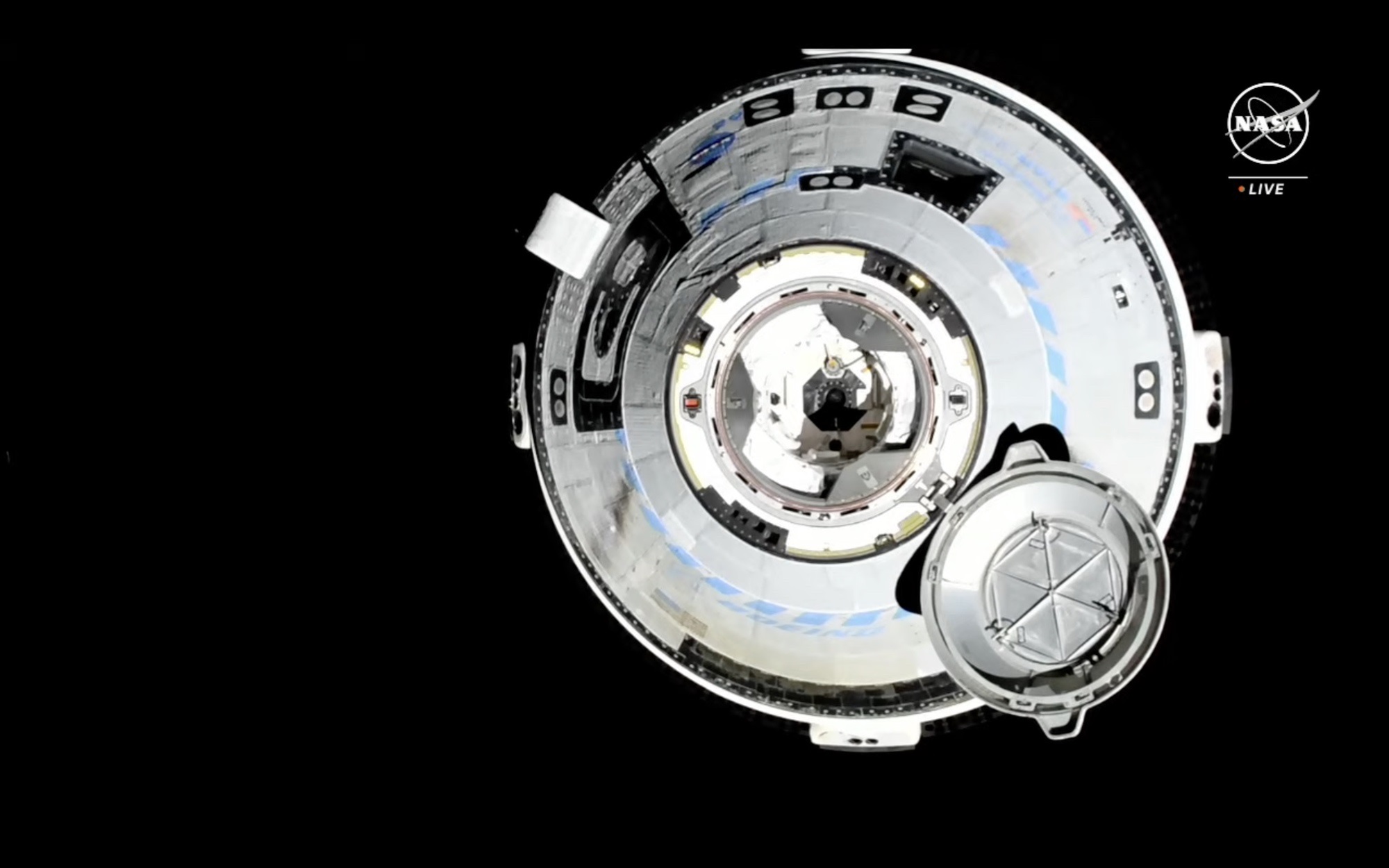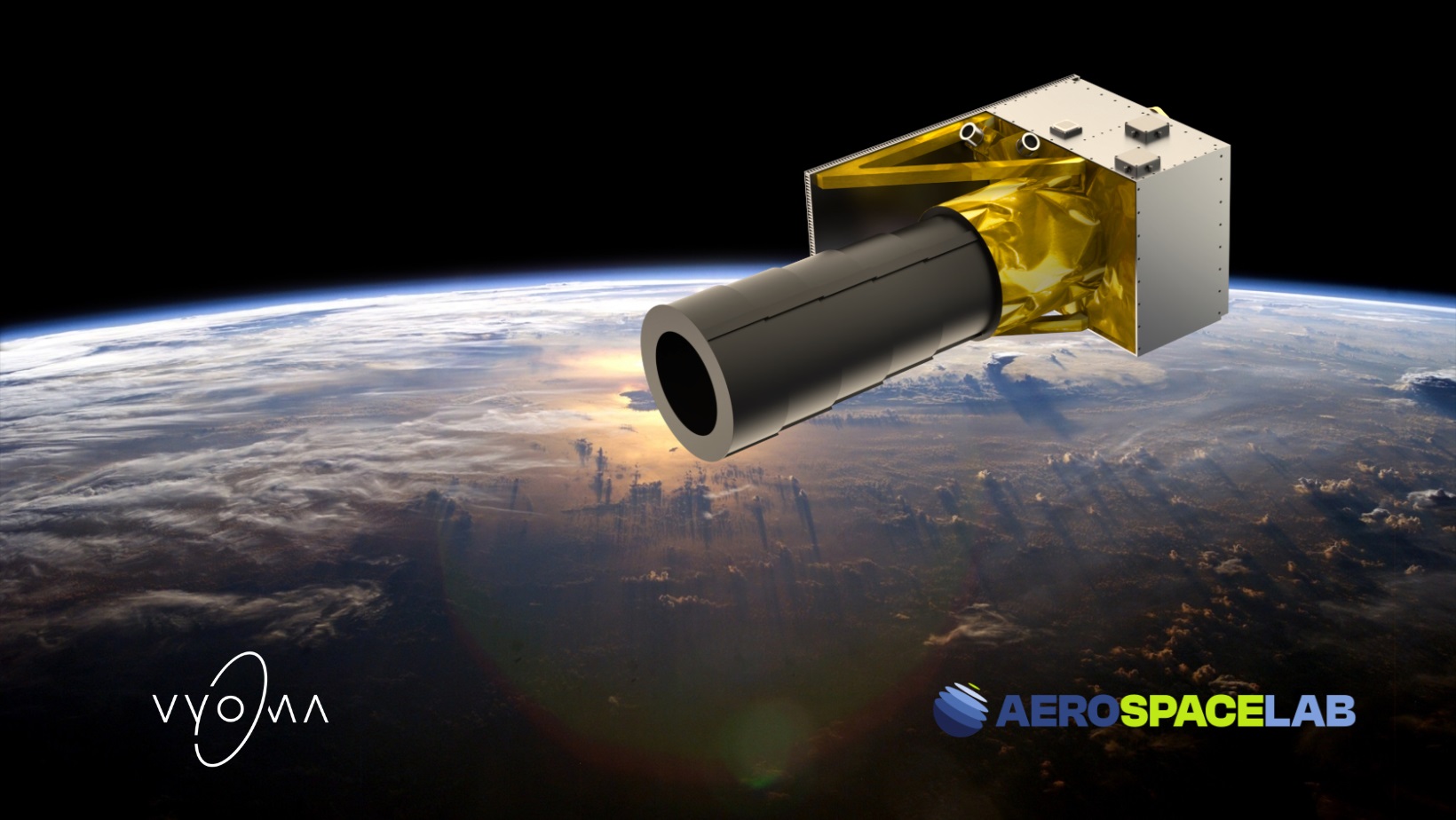So the blogosphere is getting all worked up about an article run by Space News and authored by two former senior European Space Agency launcher officials that attacks sub-orbital tourism and hopes for commercial orbital transport
Hyperbola stresses the word former as it is clear that ESA’s leadership does not share these views. The organisation has a policy on space tourism that could see ESA provide training, the agency has managed European Union studies about sub-orbital transport and the agency has even gone as far as helping prospective companies with their business plans and declaring that sub-orbit travel has a low (relatively speaking) carbon footprint. Former European astronauts like space tourism tooThe two authors of that Space News article may be chuckling to themselves at the outcry they have caused or they may actually feel so strongly about the subject matter that the word hoax is, for them, a polite reference to the new industry
This blogger got to feel the strength of anti-space tourism sentiment in Europe at a conference awhile back when on a discussion panel. A member of the audience who is a senior technical official at an ESA centre called suborbital travel “trivial” and a French space agency representative, who was also on the panel, had some harsh words as well
It is hard for people to accept the claims of New Space when they have been working, sometimes for decades, in an industry that has launched much into orbit and never brought the cost down. And in this Jon Amos’ BBC Spaceman blog we now see even Elon Musk is talking about $100 million launches for the as yet unlaunched Falcon 9
The argument this blogger had put forward is that the frequency of suborbital trips generates the revenue and wider business confidence that leads to the markets investing. This in turn leads to a virtuous circle of suborbital improvement, leading to point to point services, with further improvement, and finally reaching an orbital capability that will in part be reusable
Perhaps now we have seen significant private investment in space tourism the reaction to such an argument will be calmer but whether it is or it isn’t don’t write ESA or the European space industry off quite yet as a hot bed of anti-commercial space protagonists. For many on our ancient continent change can only come slowly even if it involves high technology
And Hyperbola will have more on European suborbital studies in the not too distant future anyway

